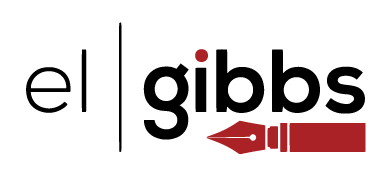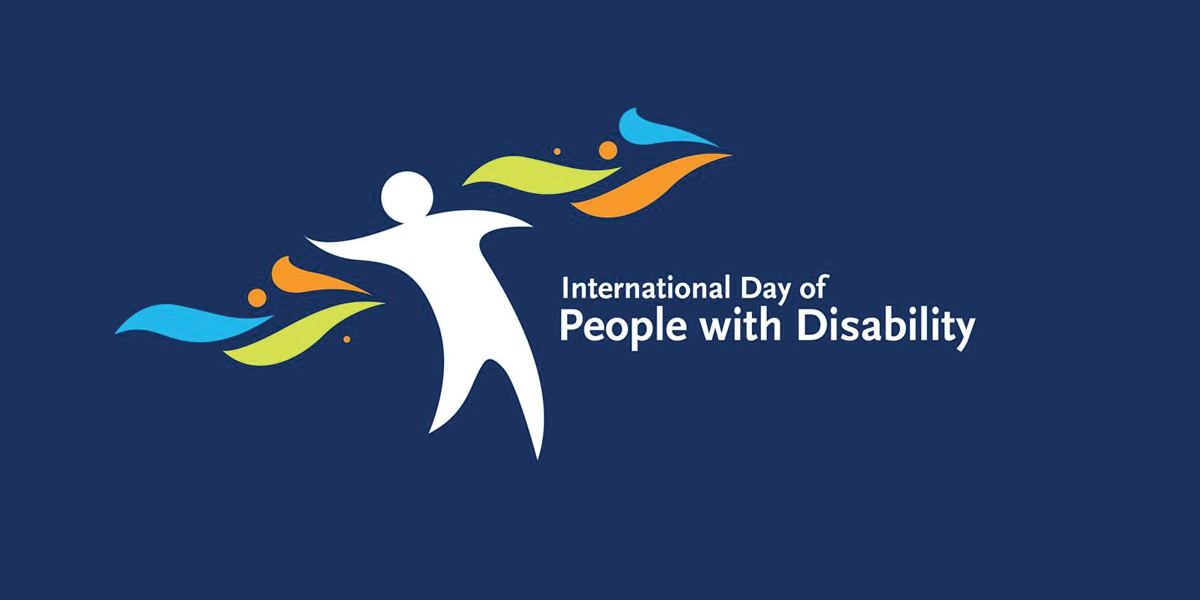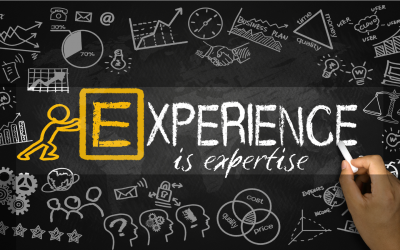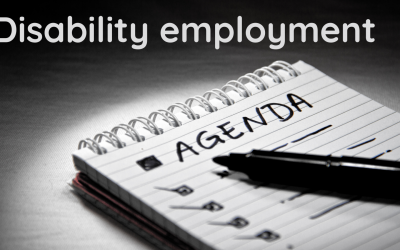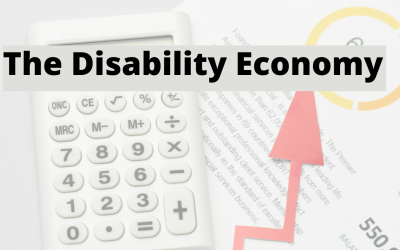Often media coverage of International Day of People with Disability (IDPWD) can be shallow, and focus on issues that aren’t central to disabled people.
I asked disabled people for their ideas for different stories about what matters to them- ‘more about the day being for us. Take it back.’ Here’s a selection of what they said.
We want to have stories about more and different disabled people. Intersectionality matters to our community. Aboriginal and Torres Strait Islander disabled people, people with disability from culturally and linguistically diverse backgrounds, queer and trans people – ‘destroy the idea that we can only be one thing’. People who live in regional areas. People who are bedridden and homebound.
More from kids with disability, people with intellectual disability, people who communicate differently. More from the full diversity of disabled people.
We need to hear stories from people who have been in prison, in institutions, have experienced violence. More about housing and how to find a home, sweet home.
Many people talked about being sick and the impact of chronic illness. They want stories about access to health care, disability support such as the NDIS, flexible work and study, pain management. How accessible is the health system for different disabled people? How much does it cost to be sick?
What happens when the NDIS fails us? Where can you get help with NDIS applications?
People also talked about transitions – from school to work, from child to adult, from sick to disabled, income support to employment.
Disabled people also wanted to hear about disabled people doing unexpected things, about our history, and about grassroots changemakers. More on the arts, on making art sustainable and accessible.
They wanted to hear more about employment, poverty and income support, about the National Disability Strategy, about access in media, about assistive technology, the built environment. About why, despite money going into diversity, our representation at work, including in leadership, isn’t changing. About how we can influence public policy. About how we can deal with climate change.
We want to hear stories about us, about all of us, about what matters to us, about the issues in our lives.
